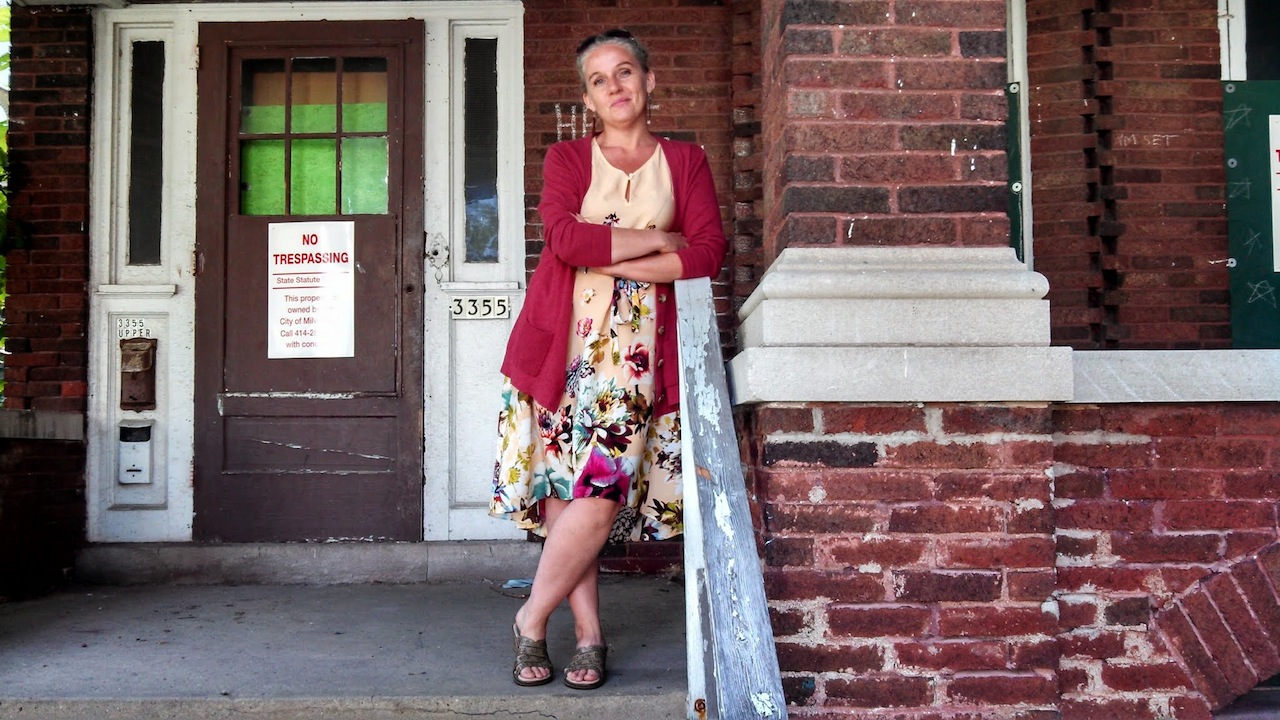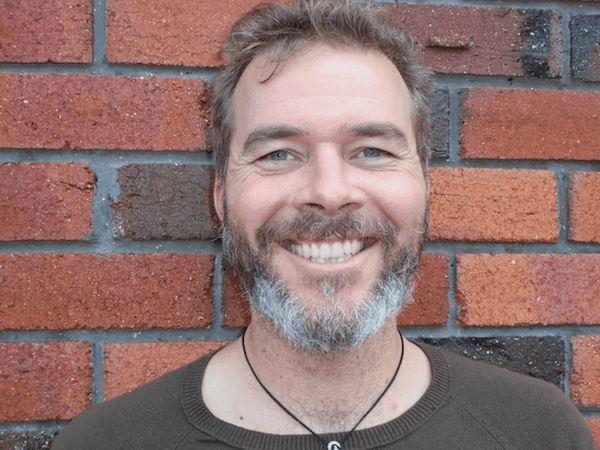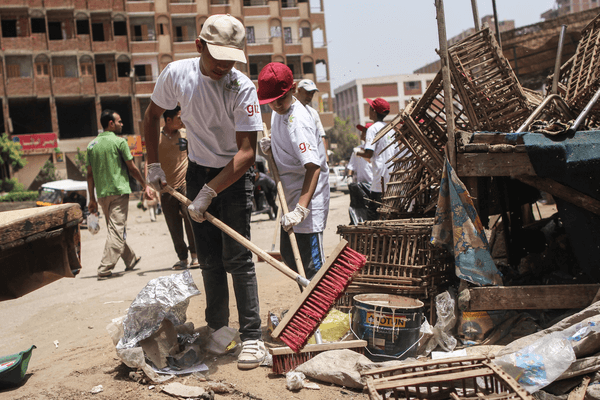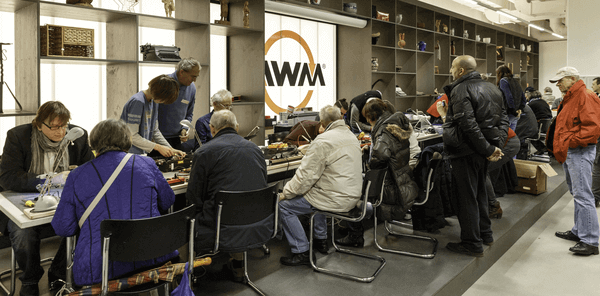
Status
ongoing
50%
City
Milwaukee
Main actors
NGO / Philanthropy
Project area
Whole City/Administrative Region
Duration
Ongoing since 2009
Victory Gardens Initiative is a community organisation that supports a better food system by helping people grow their own food.
The Victory Gardens Initiative is a not-for-profit social enterprise, with a simple and powerful objective: to get as many people as possible growing their own food. Its mission is to "empower communities to grow food, reawakening our intimate relationship to human and food ecology, advancing a resilient food culture: from soil, to seed, to plate, to soil. When everyone is a farmer, we will have a socially and environmentally just food system.".
VGI was established in 2008 around the idea of recovering the tradition of the World War II 'Victory Gardens', when the US suburban population was mobilised en masse to turn their lawns into food gardens as part of the war effort. Hence VGI's slogan: "This is a grassroots movement. Move grass, grow food!"
In six years, it has captured the imagination of thousands of Milwaukee residents, with over 1500 edible gardens established, a small army of volunteers and mentors in place to support them, and networks of urban orchards, permaculture teachers and food leaders trained around the city.
External links / documents
On Map
The Map will be displayed after accepting cookie policy



